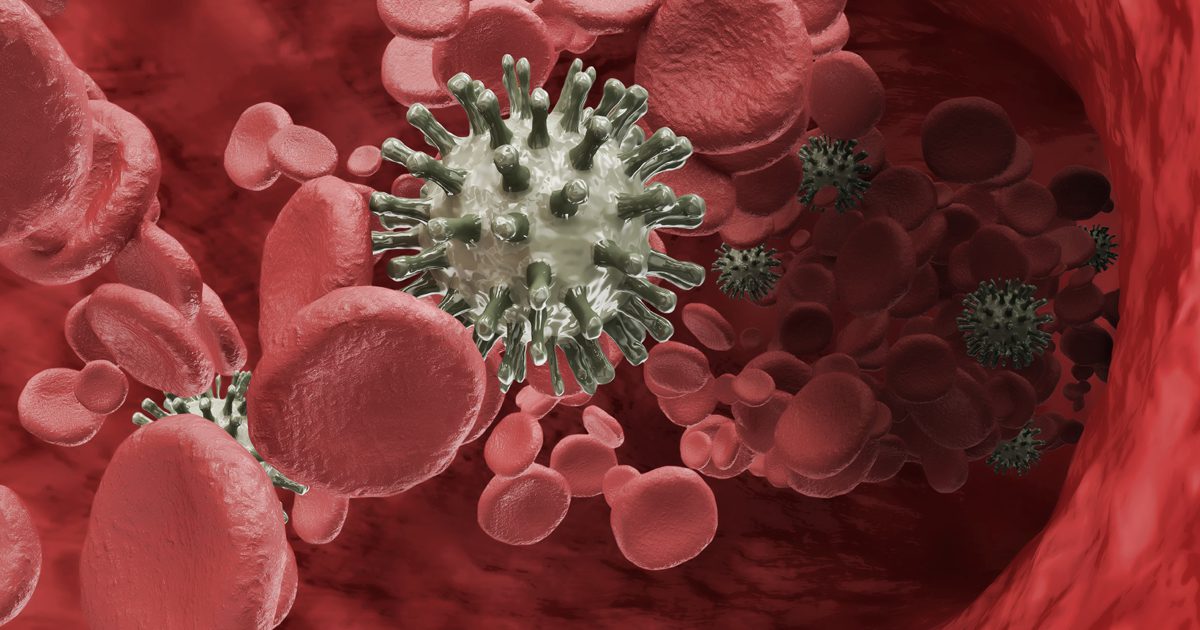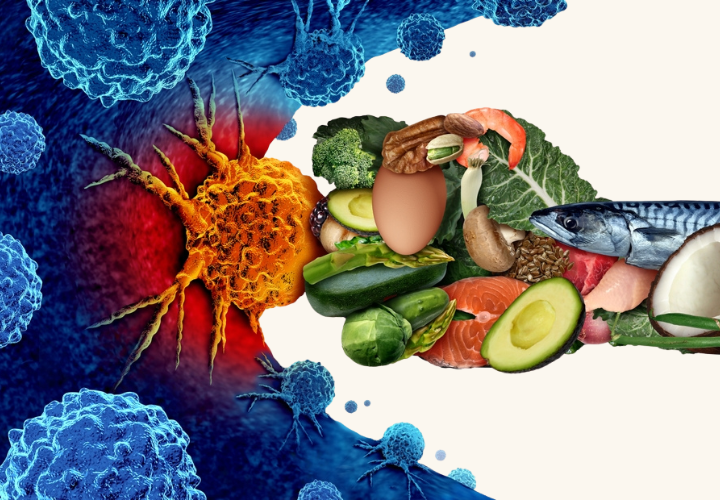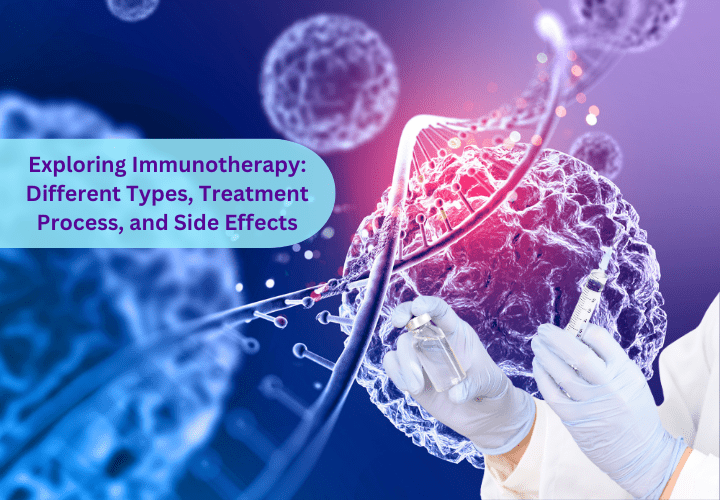Diarrhoea antibiotic shows potential in treating aggressive blood cancer

Diarrhoea antibiotic shows potential in treating aggressive blood cancer
- onco
- April 29, 2021
Diarrhoea antibiotic shows potential in treating aggressive blood cancer
A form of aggressive blood cancer might be found to be more sensitive to chemotherapy with the use of an antibiotic currently available for treating diarrhoea, as per novel research published in Science Translational Medicine. The study was funded by Cancer Research UK and Blood Cancer UK, the study looked to tackle a certain type of acute myeloid leukaemia of which contains a genetic modification called MLL, thorough investigations on cancer’s origins.
This form of leukaemia, often called MLL-AML, has a peculiarly poor prognosis as it suddenly turns resistant to standard chemotherapies. Resolving this resistance had proven to be a major challenge in treating this cancer, and has left patients with no other alternative.
Even the best cancer doctors in Delhi concur on the fact that resistance to treatments is the biggest challenge cancer research faces and coming to terms with the fact that there is no other treatment available is undeniably the worst thing a doctor wants to tell their patient. These recent findings demonstrate how unravelling the biology of cancer has lead to new discoveries, and how we could already have a huge array of drugs out there that could help boost the effects of current treatments.
What is MLL-AML?
Acute myeloid leukaemia is a variegated disease, with different sub-types dependent on the genetic mutations that are causing it. This affects how successfully the cancer is treated, with some sub-types having a far poorer prognosis than others. MLL-AML is deadly, with only 1 in 4 patients surviving for 2 to 5 years or so.
The researchers observed how MLL-AML developed in humans for the first time, through establishing a new way of modelling how the stem cells that make our blood could turn into AML when altered by the MLL genetic alteration.
It’s a significant moment for cancer treatment across the world.
After the research that threw light on the origins of MLL leukaemia in mice almost 18 years ago, this development is an important milestone for AML research and provides a new way for screening and identifying new targets to treat.
Using this new approach, the team found that the disease could actually originate from 2 different types of cells, with one causing more resistant disease than the other.
Studying the more resistant type in detail revealed it produced way more of a particular protein – ABCC3 – than the other one, and this could be responsible for making it more resistant to chemotherapy.
When this theory was confirmed in human cells: the team got rid of the cell’s ability to produce any more ABCC3, and it was far more sensitive to chemotherapy.
The next step forward was finding a drug that could stop ABCC3 from being produced or prevent it from working at all. By researching, the team found a paper that showed fidaxomicin – an antibiotic prescribed to treat diarrhoea caused by the bacteria C. difficile – was rather effective for inhibiting ABCC3.
This was unexpected and, actually fortuitous, that there was a recent study showing an already approved antibiotic could work for this research. Testing the drug for the treatment of resistant MLL-AML, the team found it successfully sensitised cancer to chemotherapy in both the cells grown in the lab and in mice.
This is hugely promising and now we need to do further studies and testing with this approach in people with AML and see how many benefits it brings.





Leave a Reply